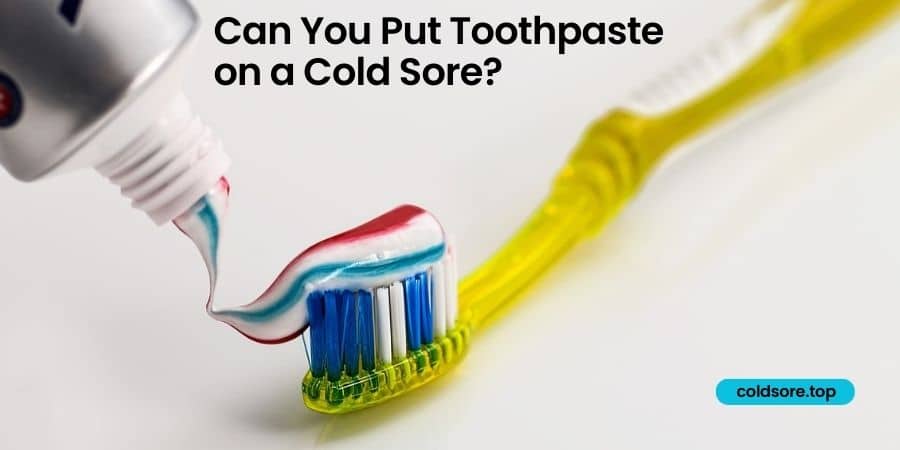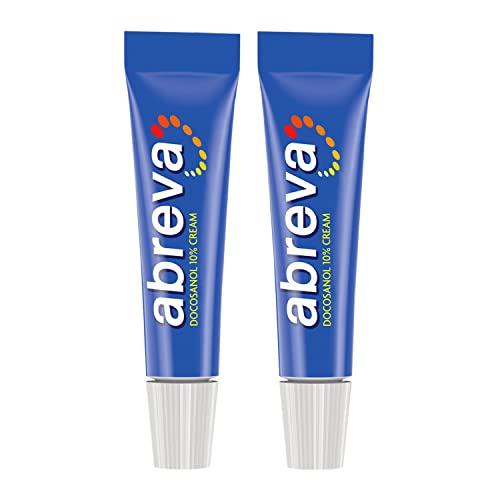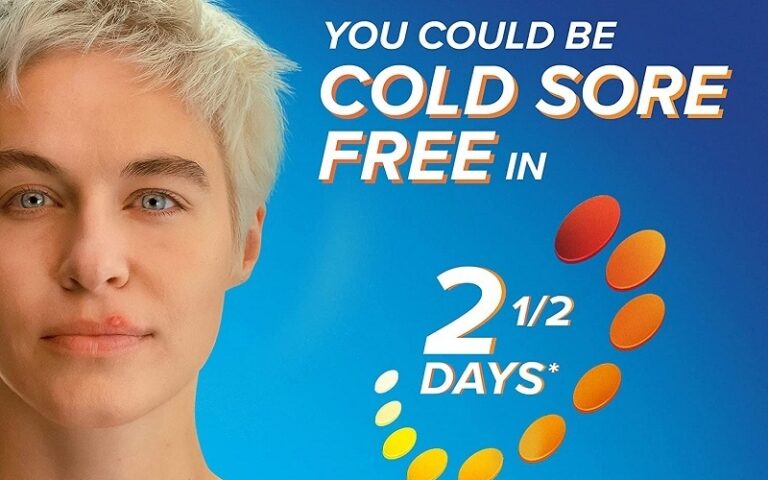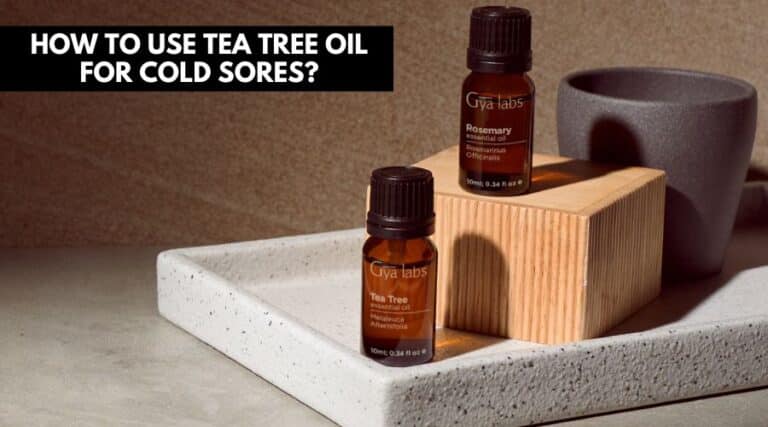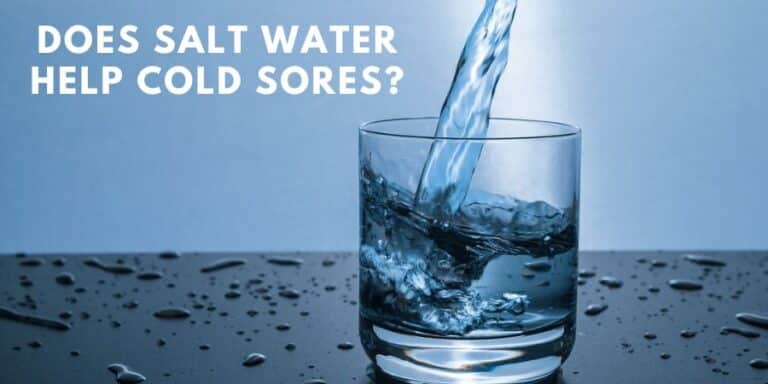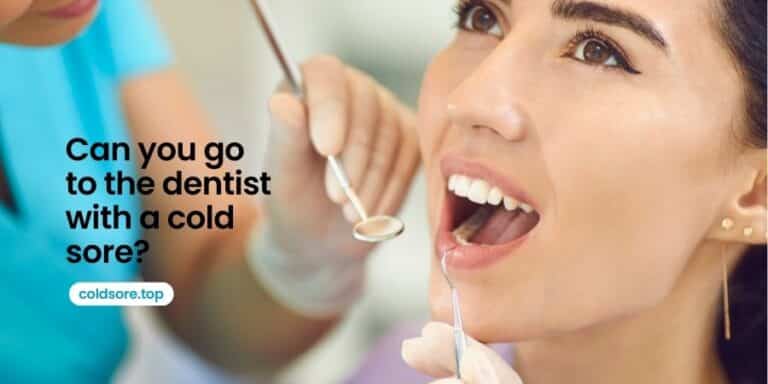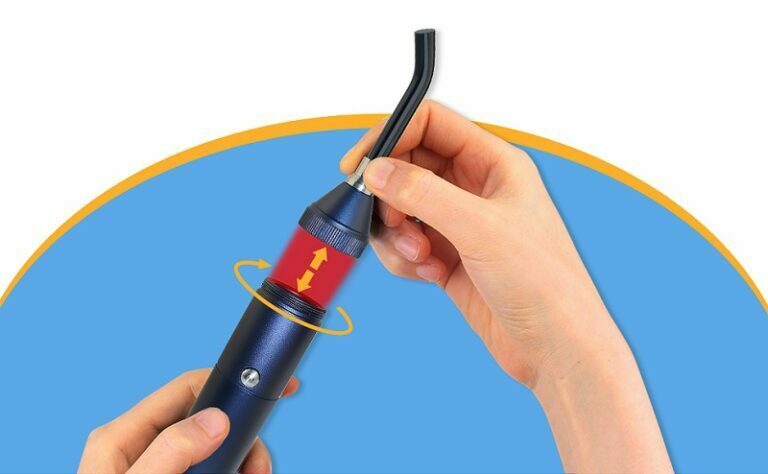Can You Put Toothpaste on a Cold Sore?
It is not recommended to use a toothpaste on a cold sore because cold sores are caused by Virus and needed a proper medication such as Docosanol, for this Abreva is quite remarkable option. Cold sores are caused by the herpes simplex virus (HSV), and they require targeted treatment with antiviral medication, such as docosanol.
Let’s discuss why toothpaste is not an ideal solution for cold sores and explain the importance of using appropriate medications.
Potential Side Effects of Using Toothpaste:
| Side Effects | Description |
|---|---|
| Rashes | Excessive use of baking soda can lead to the development of rashes on the skin. |
| Burning Sensation | Toothpaste’s basic pH can irritate the naturally acidic pH of healthy skin, causing a burning sensation. |
| Skin Irritation | Sodium lauryl sulfate, an ingredient found in toothpaste, may provoke skin irritation, particularly in individuals with sensitivity. |
| Excess Sebum Production | Overdrying the skin through the use of toothpaste can stimulate the skin to produce more sebum, leading to further acne breakouts. |
Can You Put Toothpaste on a Cold Sore?
Why Regular Toothpaste is Not Recommended for Cold Sores?
While toothpaste serves as an effective oral hygiene product, it is not designed to treat cold sores. Regular toothpaste contains a variety of ingredients, such as fluoride, abrasives, and detergents, which are intended for cleaning teeth and maintaining oral health. These ingredients are not formulated to combat viral infections or promote the healing of cold sores.
Abreva 10 Percent Docosanol Cold Sore Treatment
$26.20
The Importance of Antiviral Medication:
To effectively treat cold sores, antiviral medications are often recommended. One such medication is docosanol, which is available in topical cream form. Docosanol is an FDA-approved antiviral agent specifically formulated for the treatment of recurrent herpes simplex labialis episodes.
It works by inhibiting the fusion of the herpes simplex virus with human cells, preventing the virus from entering and infecting healthy cells. This helps reduce the duration and severity of cold sore outbreaks.
The Role of Docosanol:
Docosanol, the active ingredient in certain cold sore creams, can help alleviate symptoms and promote faster healing.
When applied at the first sign of a cold sore (tingling or itching sensation), docosanol cream can effectively inhibit viral replication and reduce the severity of the outbreak. It is important to note that docosanol does not cure the underlying HSV infection, but it can help manage and alleviate the symptoms associated with cold sores.
Proper Application of Docosanol Cream:
When using docosanol cream for cold sores, follow these guidelines:
- Wash your hands thoroughly before and after application to prevent spreading the virus.
- Gently clean the affected area with mild soap and water, then pat it dry.
- Apply a thin layer of docosanol cream to the cold sore using a clean cotton swab or your fingertip.
- Rub the cream into the cold sore until it is fully absorbed.
- Repeat the application as directed by the product packaging or as advised by your healthcare provider.
Other Cold Sore Management Tips:
In addition to using docosanol cream, there are several self-care measures you can take to manage cold sores and promote faster healing:
- Avoid touching or picking at the cold sore to prevent further irritation and spreading of the virus.
- Practice good hygiene by regularly washing your hands and avoiding close contact with others during an outbreak.
- Avoid sharing personal items such as utensils, towels, or lip balm to minimize the risk of spreading the virus.
- Apply a cold compress or ice pack wrapped in a clean cloth to the cold sore to reduce pain and swelling.
- Consider taking over-the-counter pain relievers such as acetaminophen or ibuprofen to help alleviate discomfort.
Consulting a Healthcare Professional:
It is essential to consult a healthcare professional, such as a dermatologist or primary care physician, if you frequently experience cold sores or if your symptoms are severe. They can provide an accurate diagnosis, recommend appropriate treatment options, and offer guidance on managing and preventing future outbreaks.
Toothpaste on Pimples Can be good: But Be Careful
In recent years, a peculiar trend has emerged in the realm of skincare: the use of toothpaste as an acne treatment. While the origins of this practice remain somewhat elusive, there are a few plausible reasons behind its popularity.
Historically, toothpaste formulations often contained triclosan, a chemical renowned for its antibacterial properties. The belief was that triclosan could effectively combat the bacteria responsible for acne breakouts.
Additionally, certain toothpaste ingredients like baking soda, alcohol, and hydrogen peroxide are known for their drying effects, which could potentially help reduce the size of a pimple. Furthermore, the menthol found in toothpaste can create a cooling sensation that may temporarily alleviate pain and swelling, as explained by Dr. Tsippora Shainhouse, a board-certified dermatologist.
While there is some rationale behind the use of toothpaste as a home remedy for acne, it is crucial to acknowledge the multiple reasons why this approach should be approached with caution.
First and foremost, it is important to note that most toothpaste companies have phased out the use of triclosan in their formulas. Extensive testing, as indicated by the U.S. Food and Drug Administration (FDA), has suggested that triclosan might adversely affect thyroid hormones. Consequently, even if one were to find a toothpaste that still contains this chemical, using it on pimples could potentially pose a significant risk.
Another factor to consider is that toothpaste is specifically designed for teeth and not for the delicate surface of the face. As Dr. Shainhouse warns, toothpaste has a basic pH level, which can potentially irritate the naturally acidic pH of healthy skin.
Excessive use of baking soda, an ingredient commonly found in toothpaste, could lead to undesirable outcomes such as rashes and a burning sensation. Moreover, sodium lauryl sulfate, another ingredient frequently present in toothpaste, may prove too harsh for blemish-prone skin and has been known to cause irritation, particularly in individuals with heightened sensitivity.
Additionally, overdrying the skin through the use of toothpaste can have counterproductive effects. Excessive dryness can trigger the skin to produce more sebum, leading to further acne development.
Conclusion:
While toothpaste is a useful product for maintaining oral health, it is not recommended for the treatment of cold sores. Cold sores are caused by the herpes simplex virus and require targeted antiviral medications, such as docosanol cream.
Using docosanol cream at the first sign of a cold sore can help reduce symptoms and promote faster healing. Remember to practice good hygiene, avoid triggers, and consult a healthcare professional for personalized advice on managing and preventing cold sore outbreaks.

